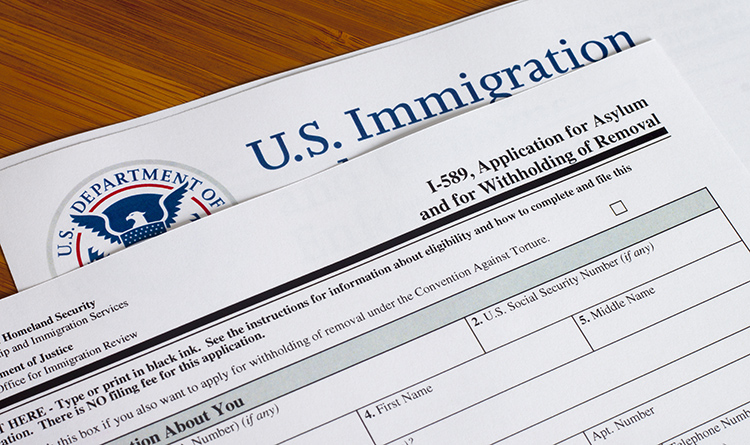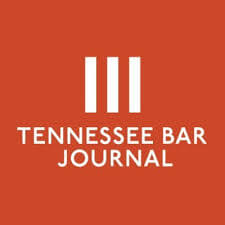What is the Difference Between Chapter 7 & 13 Bankruptcy
There are a number of different kinds of bankruptcy that a bankruptcy lawyer in Birmingham can file for you. The most common forms of bankruptcy that people file for are Chapter 7 and Chapter 13 bankruptcy. Chapter 7 bankruptcy can be filed by an individual, a partnership, a corporation or any other business entity. Chapter 7 does not involve the filing of a plan of repayment as in chapter 13. Chapter 7 Bankruptcy is often referred to as “straight bankruptcy.” In the case of Chapter 7 bankruptcy a trustee is appointed and sells the debtor’s nonexempt assets and uses the proceeds to pay the creditors of the debtor.
The Bankruptcy Code allows the debtor to keep certain property that is exempt. However, the trustee will liquidate the rest of the debtors’ assets. When you file for chapter 7 bankruptcy it is very likely that you will lose property. This form of bankruptcy is generally used by people to free themselves from outstanding debt. It is also often used by businesses to liquidate and terminate the business. The main purpose of Chapter 7 bankruptcy is to discharge certain debts and to give the debtor a fresh start. Discharge is only available to individuals not to partnerships or corporations.
In Alabama there is a means test that is used to determine whether the chapter 7 filing is presumptively abusive. The means test looks to see if the debtor’s current monthly income is more than the state median. The debtor’s bankruptcy lawyer in Alabaster may rebut a presumption of abuse by showing special circumstances that justify additional expenses or adjustments of current monthly income. Individual debtors must file a certificate of credit counseling and a copy of any debt repayment plan developed through credit counseling. Individual debtors in Alabama must also complete a financial management course before they are able to discharge their debts.
Chapter 13 bankruptcy in Alabama is filed by an individual with regular income. This is often referred to as a wage earner’s plan. This allows the debtor to keep property and pay all or part of the debt over time, usually three to five years. The main difference between chapter 7 and chapter 13 bankruptcy is that chapter 13 cannot be filed by a corporation or a partnership.
The debtor in a chapter 13 bankruptcy must file a payment plan with the court for approval and must make payments to the trustee on a regular basis. Our bankruptcy attorneys in Montgomery can help craft your plan for you when you call the office. If the debtor’s current monthly income is less than the applicable state median, then the plan will be for three years. If the debtor’s current monthly income is greater than the applicable state median, then the plan is generally for five years. Just like chapter 7 bankruptcy, chapter 13 debtors must also file a certificate of credit counseling. Unlike chapter 7 bankruptcy, chapter 13 bankruptcy debtors have the chance to save their homes from foreclosure.
Attorney Steven A. Harris regularly blogs in the areas of family law, bankruptcy, and real estate closings on this website. He is always available in any of the firm’s offices or by phone anytime for a consultation. Mr. Harris tries to provide informative information to the public in easily digestible formats. Hopefully you enjoyed this article and feel free to supply any feedback. We appreciate our readers and love to hear from you!
Sharing is caring:







